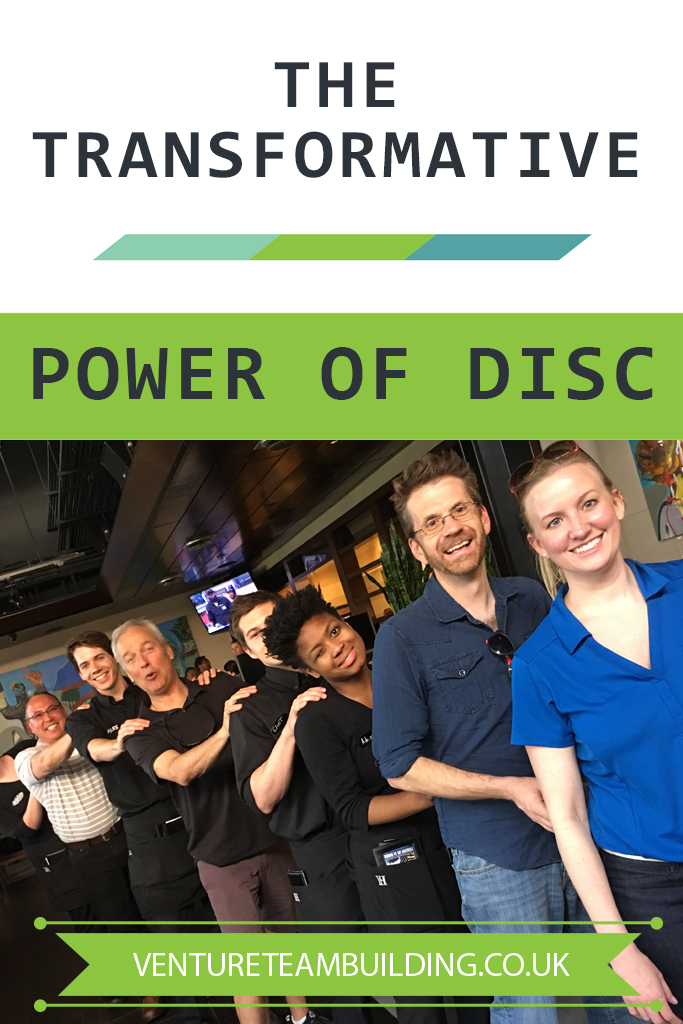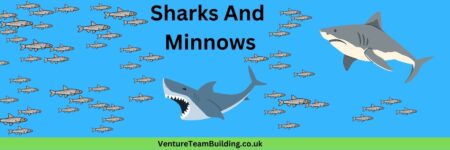By Heather Hafner
If you have followed our series on the DISC behavioral styles, then you are starting to see how it can be used to resolve conflict and build teams. It is a powerful tool in implementing changes in human behavior. As Aristotle said: “knowing yourself is the beginning of all wisdom.”
Merrick Rosenberg, co-author of his first book, Taking Flight!, has made the DISC even easier to remember, and more meaningful, by pairing the four DISC letters with birds.
Before going any further, here is a quick refresher:
- “D” refers to Dominant and is represented by an Eagle. They are daring, decisive, direct, and driven.
- “I” refers to Interactive and is represented by a Parrot. Parrots are imaginative, influential, intuitive and inspirational.
- “S” refers to Supportive and is represented by a Dove. Doves are sincere, steadfast, sympathetic and satisfied.
- “C” refers to Conscientious and is represented by an Owl. They are cautious, critical, concise, and consistent.
Knowledge is power. And, with a little effort, DISC can be a tool that can transform your personal interactions and workplace culture. Here are seven transformative DISC principles from Taking Flight!
Principle 1: Understand Your Own Style
As with anything, change is personal. In order to understand others, you must first understand yourself. Your personalized DISC assessment goes well beyond a graph of your style or your general characteristics. Dive into the specifics of your style to understand your strengths, work style tendencies, what your most effective environments are, your motivators and your needs. What are your goals? How about your fears? Each style has its own concerns: Eagles (loss of control); Parrots (social rejection); Doves (loss of stability); Owls (criticism). Understanding yourself is the first step in understanding others.
Principle 2: Recognize the Style of Others
If you have a small team, then sharing the Team View, or everyone’s assessment results, is a great way to see how individuals differ. While important, this is a small portion of the population with which you will interact. Learning how to quickly recognize the styles of others is an important skill. Two factors making this shift easier are pacing and people vs. task orientation. Eagles and Parrots are outgoing, fast-paced people. They speak their mind easily and often speak excitedly and loudly. Doves and Owls are more reserved, speaking more slowly, less frequently and quietly. Then, take those two division groups and break them down by task and people-orientation. Eagles and Owls are task-focused, preferring to talk about work and keeping their personal activities private. Eagles are all about the big picture while Owls love the details. Parrots and Doves are focused on their interactions with people. Parrots are spontaneous and prefer large groups of people. Doves are more planned, prefer small groups or “close friends” and like to work in teams. So, ask yourself: Is this a fast-paced and outgoing person or even-paced, reserved person? Are they focused on the task for the people involved? You will start to be able to quite easily recognize these styles: Eagle (fast-paced/task); Parrot (fast-paced/people); Dove (even-paced, people); and Owl (even-paced/task).
Principle 3: Think About Style When Establishing Expectations
One problem with seeing the world through our style, or lens, is believing that everyone should behave as we do. We seldom stop to consider how their likes, needs, experiences and expectations are different from our own. It is easy to get “trapped in our styles”. When working on a project with others, consider style in setting objectives and expectations. Perhaps you are setting up a project team and have decided that everyone will work together in an open-space environment with no offices, walls or partitions. In that way, you can overhear each other’s conversations, have easy access to all personnel and break down the barriers created by walls and partitions. Parrots will clamor to this environment feeding off the people energy. Eagles might like having a bird’s-eye view of the project team and easy access to information and people. They hate to waste their time, but they also work very well on their own. Doves like small groups of people but prefer a more peaceful environment. And Owls will be frustrated and drained by the noise and lack of personal space. Doves and Owls are the least likely to verbalize their discontent.
Principle 4: Consider Intention, Not Just Behavior
For Merrick Rosenberg, co-author of Taking Flight! and author of The Chameleon, this is one of the most important aspects of understanding style: “We judge ourselves by our intentions and others by their actions. However, by better understanding the intentions of others, we can prevent misinterpretation and take the sting out of actions that could otherwise feel hurtful.” Do your Parrots show up a few minutes late to meetings driving the Eagles crazy with their disrespect and time-wasting habits? Parrots have a different sense of time and would understand if you were a few minutes late. Assuming their “disrespect” is intended is a mistake. Parrots might be equally offended by an Owl manager who “micromanages” their work by offering too many details on the process they should use. Parrots prefer freedom in how they get the job done.
Principle 5: Use Your Strengths, But Don’t Overuse Them
An important aspect of self-awareness is how we act when conflict occurs triggering stress. In the “Under Stress You My Appear” section of your assessment, your style game-face is revealed. Your positive style traits, under pressure, can become detriments. Learn to Tone It Down! Does your assertive behavior become aggressive, direct become blunt and risk-taking become reckless (Eagle)? Are you a visionary world-class multitasker (Parrot)? Be careful that your ideas do not become unrealistic, your enthusiasm self-promoting and your persuasiveness manipulative. Doves are trusting and tolerant, collaborative, patient and cautious. However, under stress they can become dependent, complacent, fearful and permissive. They say “yes” when they mean to say “no” and can become resentful. And analytical, focused, detail and process-oriented Owls shutdown under extreme pressure. Their needs for perfect results in analysis paralysis, they can become critical, detached and judgmental. Understanding DISC means using your positive style traits when appropriate and not overusing one style.
Principle 6: Applying the Right Style at the Right Time
This is where overuse meets style flexibility. We are all a mixture of all four styles – we just use some of them more often and with more comfort. So, can you display the style traits of all four styles? Of course, it might just take more energy to make it happen. So, think about the situation you are in. What is the right style? Interacting with an IT professional about how to fix your computer? Try on Owl. Parrot’s enthusiasm is a great fit to lead an energetic team meeting. Need to make a quick decision…try Eagle. And a co-worker in needs of a friend could use Dove energy.
Principle 7: Treat Others How They Need to be Treated, Not How You Need to be Treated (“Home Rule”).
The Home Rule was adapted from Taking Flight!’s forest, where the birds have made their Home. It builds upon the Golden Rule of treating others how you would like to be treated…with respect and integrity. Anytime you consciously work outside your primary styles it takes energy and intention. So, do not think about the Home Rule as something that you will apply to everyone you meet in every situation. We are not trying to change you…but give you the opportunity to flex to a part of you not frequently visited when appropriate. Perhaps you have a key relationship at work, a person who you have a hard time understanding or constant conflict and you cannot figure out why. In these important situations, think about what style that person might be. What could you shift to better get along with them? Does the fact that you are frequently late to meetings start them off poorly? Try being a few minutes early. Do you give too many details? Keep it short and tell them they are available if they need them.
Understanding DISC is a great way to get more out of yourself and others. It can help ease interactions and move people from judging each other to respecting and valuing differences. Applying these seven principles are the first steps to Taking Flight!




